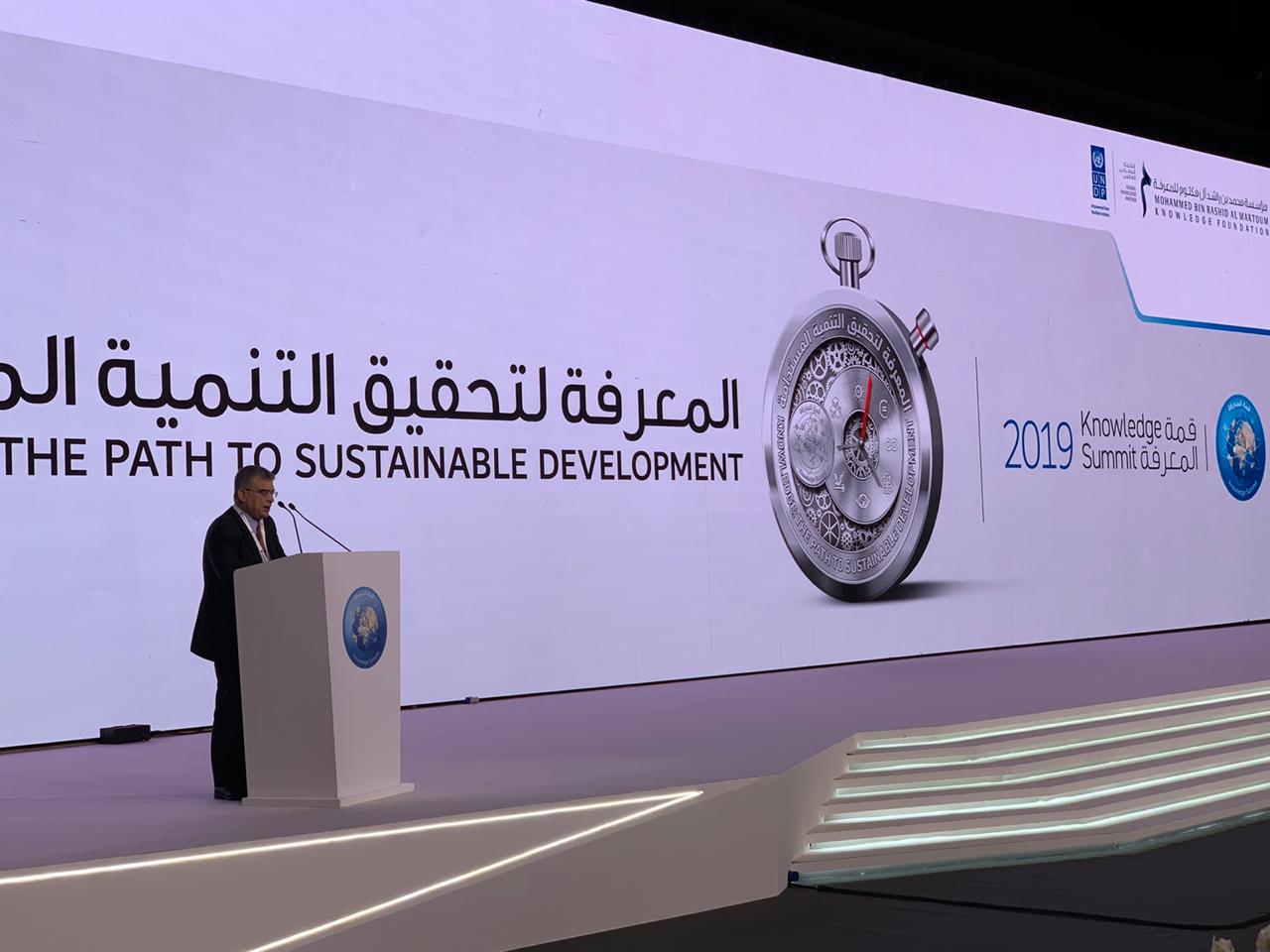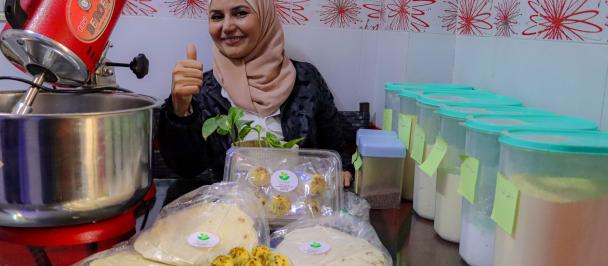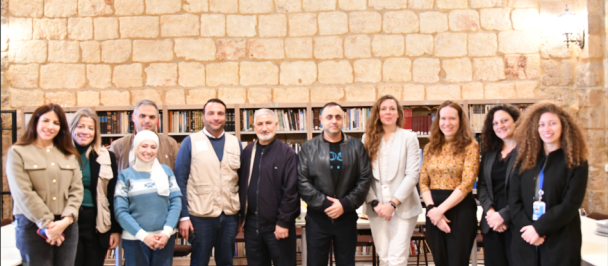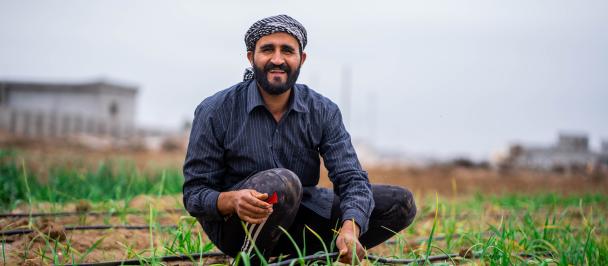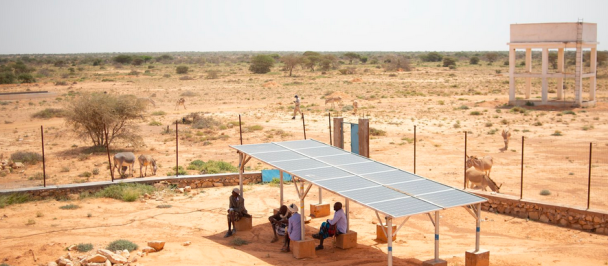OPENING REMARKS
Knowledge Summit 2019 (6th edition) – The Path to Sustainable Development
Launching of the 2019 Editions of the Global Knowledge Index and
The Future of Knowledge Foresight Report – Dubai, 19-20 November 2019 (Check against delivery)
Your Highness Sheikh Mohammed bin Rashid Al Maktoum, Vice President and Prime Minister of the United Arab Emirates, and ruler of Dubai,
Excellencies, Ladies and Gentlemen,
I am honoured to address you today as we gather for the 6th edition of the annual Knowledge Summit under the title ‘Knowledge: The Path to Sustainable Development.’ It is quite inspirational to see experts and decision-makers from around the world gathered in Dubai to exchange expertise and best practices and showcase solutions for addressing the challenges facing sustainable development.
In September this year, UNDP and Mohammed Bin Rashid Al Maktoum Knowledge Foundation renewed a decade-long partnership and signed a new agreement for the next 10 years aiming to continue harnessing knowledge for sustainable development.
We understand that investing in the creation, dissemination and above all the use of knowledge about development processes is fundamental for achieving sustainable development. From the Arab States region to the World, the Knowledge Project came to shape a new and innovative vision for the realization of the 2030 Agenda.
We are proud today to launch the 2019 edition of the Global Knowledge Index – which was launched first in 2017 – the only index that measures knowledge on the global level, and the second edition of the milestone achievement the Future of Knowledge: A Foresight Report. Leveraging the potential of big data, a new model was built to measure countries’ readiness for further knowledge development, considering the rapid technological transformations and their impact on various knowledge sectors.
We are all awed by the discussions outlining the potential of artificial intelligence, cybersecurity, biotechnology, and blockchain to make the world a better place. As recommended by the Future of Knowledge Report, these four technologies are good options to bet on and invest in for the future, as together they could be used to build solutions to the world’s most pressing environmental, economic and social challenges with greater speed and accuracy, thereby helping to realize the 17 Sustainable Development Goals (SDGs). I cannot agree more.
The increasing importance of knowledge, combined with globalization and the disruptiveness of technological change that characterized the Fourth Industrial Revolution, has created a fundamentally different type of world.
Today’s world is rapidly changing before our eyes. We are in the midst of the Fourth Industrial Revolution and the intensity with which new technologies emerge and disrupt our lives is unprecedented. We live in a global era characterized by rapid advancements in new technologies and global connectivity. The Internet of Things, blockchain, biotechnologies, cybersecurity, and artificial intelligence are significantly changing the way we live, work and interact as a society.
This revolution creates unprecedented opportunities and challenges for businesses and societies alike. It is distinct from prior revolutions, given its intensity, complexity and scope, and it is rooted in a new technological phenomenon – digitalization, i.e. the integration of digital technologies – that is penetrating the infrastructure of every business, organization, and government with unprecedented speed. The skills of the future are continuously changing and are crucial to driving innovation and sustainability.
Of course, disruptive technology is not a silver bullet for achieving the SDGs, and its associated risks, as well as its benefits, were prominently featured. But the Fourth Industrial Revolution can help accelerate progress towards the SDGs. At the United Nations Development Programme (UNDP), we are working to ensure that economies in developing countries can harness knowledge and innovation to eliminate extreme poverty and boost shared prosperity.
Supporting policymakers to move towards embracing useful knowledge is a priority for us at UNDP, and it is, therefore, gratifying that UNDP and MBRF have maintained the momentum of this unique and compelling partnership despite the challenges and turbulence the world has experienced in recent years.
I would like to take the opportunity today to announce the signing of Letter of Intent between the United Nations Development Programme and the Mohammed Bin Rashid Al Maktoum Knowledge Foundation to launch the first knowledge university in the world serving sustainable development. We are honoured to name it “Mohammed Bin Rashid Al Maktoum University for Knowledge and Sustainable Development.”
As this year of the Knowledge Summit bears the title ‘The Path to Sustainable Development,’ that itself is a true acknowledgment of the crucial role of knowledge and what investing in knowledge can achieve.
I look forward to contributing further during the Summit and learning from all of you how we can best harness the potential of knowledge to transform our world by 2030 and shift it onto a sustainable and resilient path.

 Locations
Locations